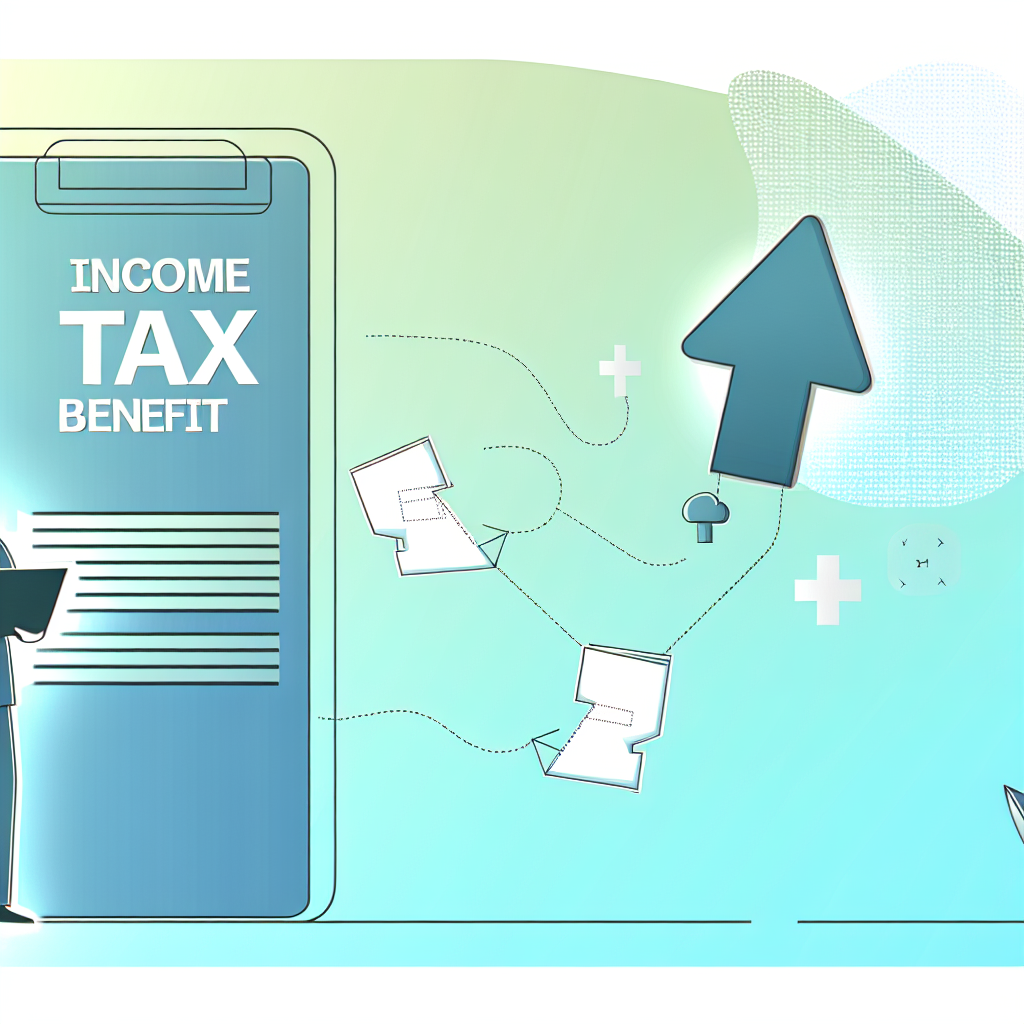
In today’s fiscal climate, understanding tax benefits is essential for Human Resource professionals. These advantages can not only alleviate financial burdens for employees but can also enhance employee satisfaction and retention. With tax codes constantly evolving, it is crucial to stay informed about how different tax benefits operate and their implications. This comprehensive guide will delve into various tax benefits, their significance, current trends, and how HR professionals can leverage this knowledge to support their workforce.
Understanding Tax Benefits
A tax benefit is a provision within the tax code aimed at reducing an individual’s or an organisation’s tax liability. These benefits come in several forms, including deductions, credits, and exclusions. Each type offers distinct advantages, allowing taxpayers to manage their finances more effectively and optimally reduce their tax payments.
The Types of Tax Benefits
- Deductions: Deductions reduce the amount of income subject to tax rates. For instance, many homeowners can deduct mortgage interest and property tax payments if they itemise their deductions.
- Credits: Credits provide a dollar-for-dollar reduction in the tax owed. Examples include the Earned Income Tax Credit (EITC), which supports low to moderate-income families and individuals, as well as credits related to educational expenses.
- Exclusions: Exclusions allow specific types of income to be omitted from taxable income. An example is the foreign earned income exclusion, which permits eligible expatriates to exclude a portion of their earnings from U.S. taxes.
The Significance of Tax Benefits
Tax benefits are pivotal for individuals and businesses alike as they directly influence the amount payable to the government. By minimising taxable income or providing direct reductions in tax obligations, these provisions can yield substantial savings. The following are some key advantages of tax benefits:
1. Reduced Tax Liability
The core attraction of tax benefits is the reduction in liability. By allowing individuals or organisations to decrease their taxable income, deductions, credits, and exclusions can lead to significant financial savings. For HR professionals, understanding these benefits is crucial for advising employees accurately.
2. Increased Financial Flexibility
Minimising tax burdens provides employees with extra disposable income, allowing them to allocate funds towards necessary expenses or investments. This increased financial freedom can lead to enhanced well-being and productivity among the workforce.
3. Encouraging Specific Behaviours
Many tax benefits are crafted to promote particular activities, such as homeownership or supporting low-income families. For instance, the mortgage interest deduction not only aids homeowners but contributes to broader economic stability and higher rates of ownership.
4. Economic Impact
Beyond individual benefits, tax advantages can substantially influence the economy. For example, while the mortgage interest deduction reduces federal revenue, it stimulates investment in housing—an essential part of the economic ecosystem. Understanding these implications highlights the interconnectivity of tax policy and economic health.
Current Trends in Tax Benefits
As we step further into 2024, several trends are shaping the landscape of tax benefits, particularly for HR practices.
Homeownership Benefits
The tax code continues to offer substantial benefits for homeowners. These include the exclusion of imputed rental income, which represents the value of occupying a home rent-free, alongside deductions for mortgage interest and property taxes. Additionally, exemptions for capital gains from home sales (up to certain limits) further promote homeownership, making this an important area for HR professionals to communicate to employees contemplating buying a home.
Earned Income Tax Credit (EITC)
The EITC remains a cornerstone of support for low to moderate-income working families. As a refundable credit, it can significantly enhance disposable income, providing immediate financial relief. In recent years, approximately 25 million families have benefitted from this initiative, with the average credit being around £3,099 for families with children.
HR departments can play a role by educating employees about their eligibility and how to claim this credit, thereby facilitating increased financial stability.
Key Takeaways for HR Professionals
Being well-versed in tax benefits can empower HR professionals to assist employees in making informed financial decisions. Below are essential takeaways relevant to your role:
- Stay Informed: Keep up with changes in tax laws, especially those that influence employee compensation and benefits.
- Educate Employees: Provide resources and knowledge about tax benefits available to them. This includes details on deductions, credits, and exclusions that can improve their financial standing.
- Offer Financial Planning Resources: Facilitate access to financial advisors who can help employees navigate these benefits and plan their finances efficiently.
- Enhance Retention and Satisfaction: By actively supporting employees in utilising tax benefits, HR departments can boost retention rates and overall job satisfaction.
Conclusion
Tax benefits are crucial tools that HR professionals can leverage for the betterment of their workforce. By understanding the intricacies of these benefits—from deductions and credits to their broader economic implications—you can better support your employees in achieving financial wellness. Well-informed employees are more likely to remain engaged and productive, ultimately fostering a positive workplace culture. For further insights and guidance, explore resources such as TurboTax and the Tax Policy Center to stay updated on relevant tax information.
As we continue in 2024, ensuring that you and your employees are well-aware of available tax benefits will not only contribute to individual financial health but will also result in a more committed and satisfied workforce.
Vadim Kouznetsov is a distinguished entrepreneur and the visionary founder and CEO of JobXDubai.com, the UAE’s rapidly expanding job board. Renowned for his expertise in bridging the gap between job seekers and employment opportunities, Vadim has become a leading authority in the recruitment and job market of Dubai.
